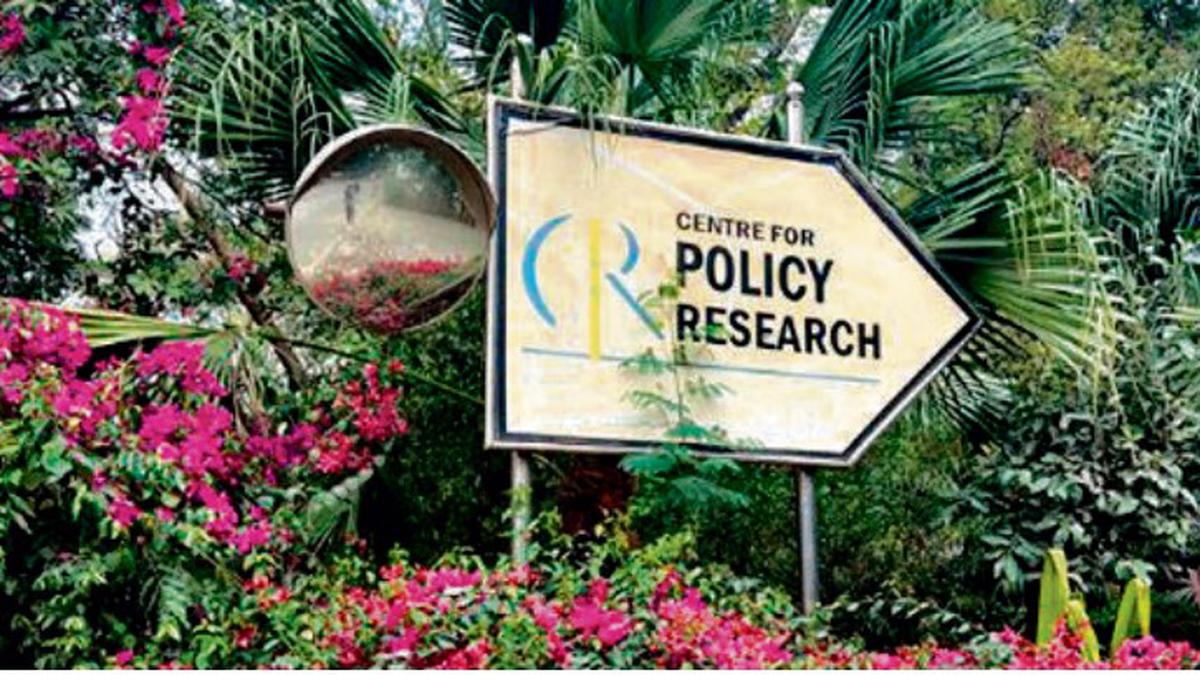
Centre for Policy Research | Wrath of the state Premium
The Hindu
The Indian government's suspension and subsequent cancellation of the FCRA licence of the Centre for Policy Research (CPR) has severely impacted its finances and hindered research and independent judgment in the country, despite the CPR's non-profit, non-partisan dedication to conducting high-quality research for better policies and public discourse in India.
In March 2023, about 100 academics based outside India released an open letter criticising the Indian government’s move to suspend the FCRA (Foreign Contribution Regulation Act) licence of the Centre for Policy Research (CPR), a leading think tank focussed on public policy research and advocacy. An FCRA registration is necessary to obtain foreign funding. The CPR used to raise more than 75% of its funds from outside India. By suspending its FCRA licence, the government had effectively crippled its finances.
In their letter, the scholars said the move “sets a dangerous precedent that will impair the pursuit of research and independent judgement in the country”. Their warning about the “dangerous precedent” seemed to have made no impression on the Union Home Ministry, which has now cancelled the CPR’s FCRA licence altogether.
Founded in 1973, the CPR, according to its website, is a “non-profit, non-partisan, independent institution dedicated to conducting research that contributes to high quality scholarship, better policies, and a more robust public discourse about the issues that impact life in India”. It is a member of the Indian Council of Social Science Research and is recognised by the Department of Science and Technology. Its funders have included the government of India, the Bill and Melinda Gates Foundation, and the Ford Foundation, among many others in India and abroad.
The cancellation of the CPR’s FCRA registration marks the culmination of a series of actions that began in September 2022, when the Income-Tax Department conducted “surveys” of its offices. This was followed by the suspension of its FCRA in February. In June 2023, the government cancelled its tax-exemption status. An institution that used to employ more than 200 was forced to let most of them go, and if there was any hope of revival, the cancellation its FCRA licence would appear to have squashed it. CPR has sought legal remedy.
According to its FCRA suspension order, the CPR had allegedly violated the FCRA on three counts: one, it was using foreign contributions for “purposes other than that for which it is registered” and “for undesirable purposes”; two, it “transferred foreign contributions to other entities” in violation of the Act; and three, it was “publishing news articles in violation of section 3 of the Act.” The CPR has denied all these allegations.
The third alleged violation finds prominence in the FCRA cancellation order, with the Home Ministry claiming that the CPR was publishing reports on “current affairs programmes”. The CPR has said the “the publication on its website of policy reports emanating from our research” has been “equated with current affairs programming”.
In June 2023, The Washington Post published a report, citing confidential documents, linking the government action against the CPR to its funding of Alok Shukla, an environmentalist who was helping villagers mobilise against “an Adani-operated coal mine in a lush forest in central India called Hasdeo Arand”. The CPR has denied funding any anti-mining protests. However, it was involved in a grassroots, data-collection project titled ‘Closing the Enforcement Gap: Groundtruthing of Environmental Violations in Sarguja, Chhattisgarh’.













